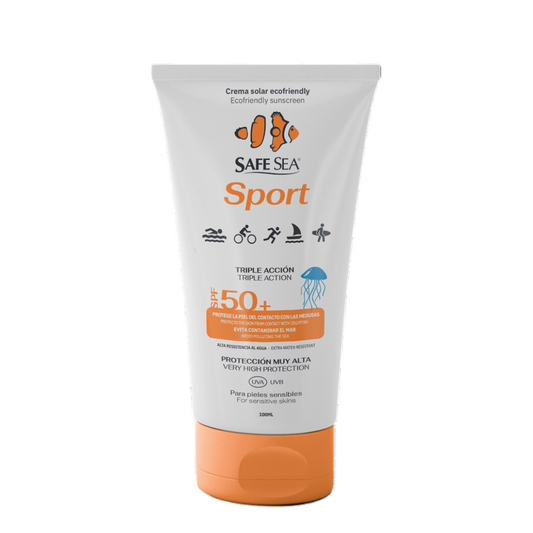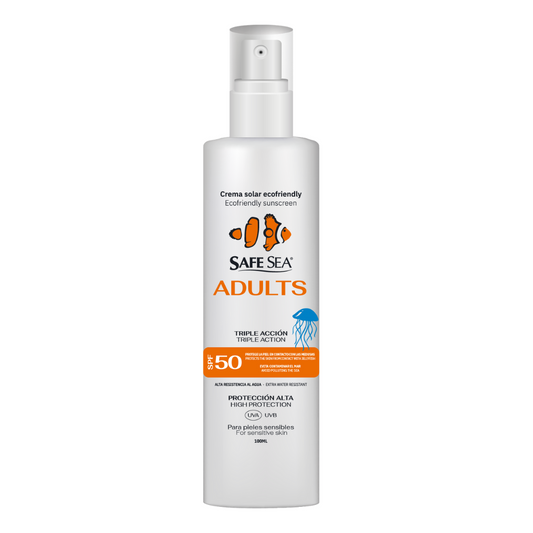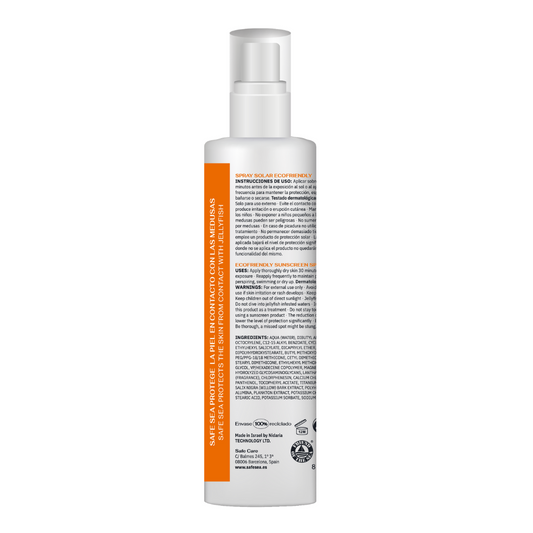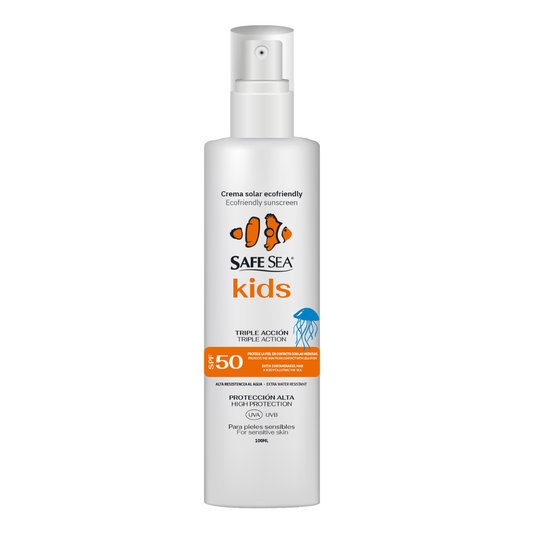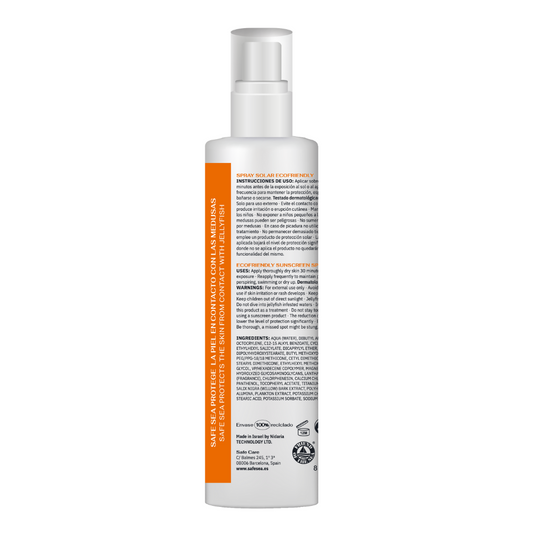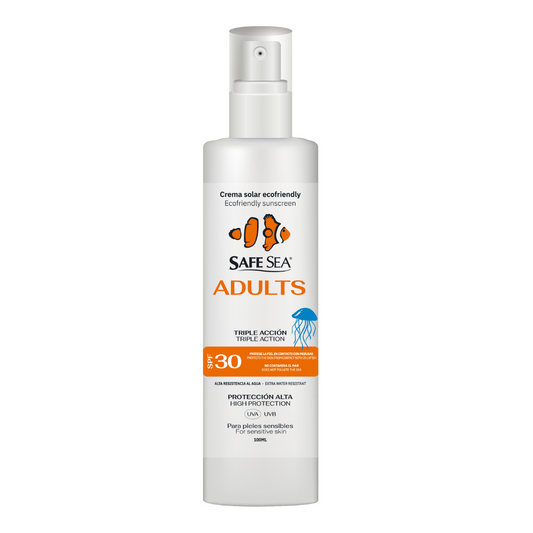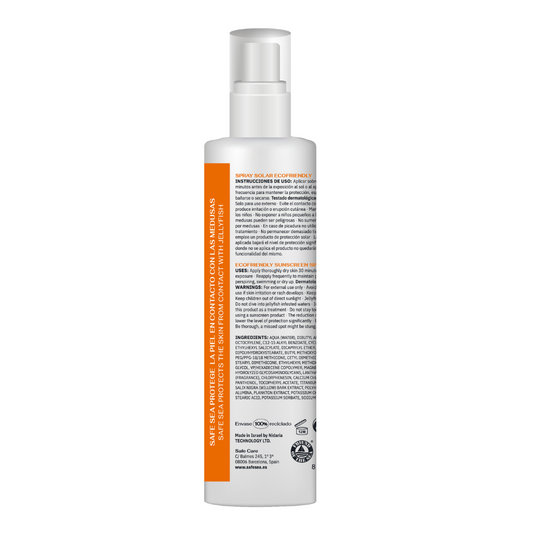
They come into our lives and everything changes. The world is turned upside down and our (almost) only concern is for them and their health. When we talk about a baby's health, we are also referring to the condition of their skin, tender and immature, which faces numerous external aggressions. Here's how to take care of a newborn baby's skin, and during the first months of life.
How to care for a newborn baby's skin
The skin of a newborn baby has the most wonderful touch and smell in the world. A smell that we find touching, and that hints at its tenderness and fragility. When we hold a newborn baby in our arms, we must bear in mind that its skin has only recently formed and matured. It is not until the 34th week of pregnancy, when its formation is almost complete.
In the days following birth, the baby's skin is endowed with an "extra" protection, called vernixcaseosa - a layer formed by cellular and fatty debris that protected the baby while it remained in the amniotic fluid - which is usually maintained for the first 24 hours of life to protect the baby. For this reason, the first bath is often postponed.

External factors that aggravate a baby's skin
Once this layer of cellular debris and fat disappears, the newborn baby's skin is completely unprotected. For this reason, it is necessary to take special care with external factors that can attack the dermis. Among these external elements, we differentiate between climatic, environmental and chemical aggressions.
Dry environments, cold, wind and humidity can cause dehydration, with the appearance of flakes or dry skin.
Tips to protect the skin before 6 months of age
To avoid the risks mentioned above, it is advisable to put these tips into practice:
- Avoid using aggressive products (shampoos, body lotions, etc.) and sponges, horsehair gloves and/or brushes that may irritate the skin surface.
- Always check the composition (INCI) of the products on the back of the label. Make sure you are using sunscreens specially recommended for sensitive skin.
- It is advisable to use formulas based on vegetable extracts and oils. A baby's skin has a greater absorption capacity, so any other type of substance could be aggressive.
- Don't forget that clothing also plays an important role in the care of a baby's skin. We recommend that you avoid wearing clothes made of wool or artificial fibers, as they can increase itching of the dermis -especially if you have atopic dermatitis-. Avoid overdressing your baby.
- And last but not least, consider the option of using organic cotton garments. Every precaution is too little.

So much for our tips on how to protect and care for a baby's skin. If you found it useful, don't forget to share it with your friends and family. Sharing is loving!


